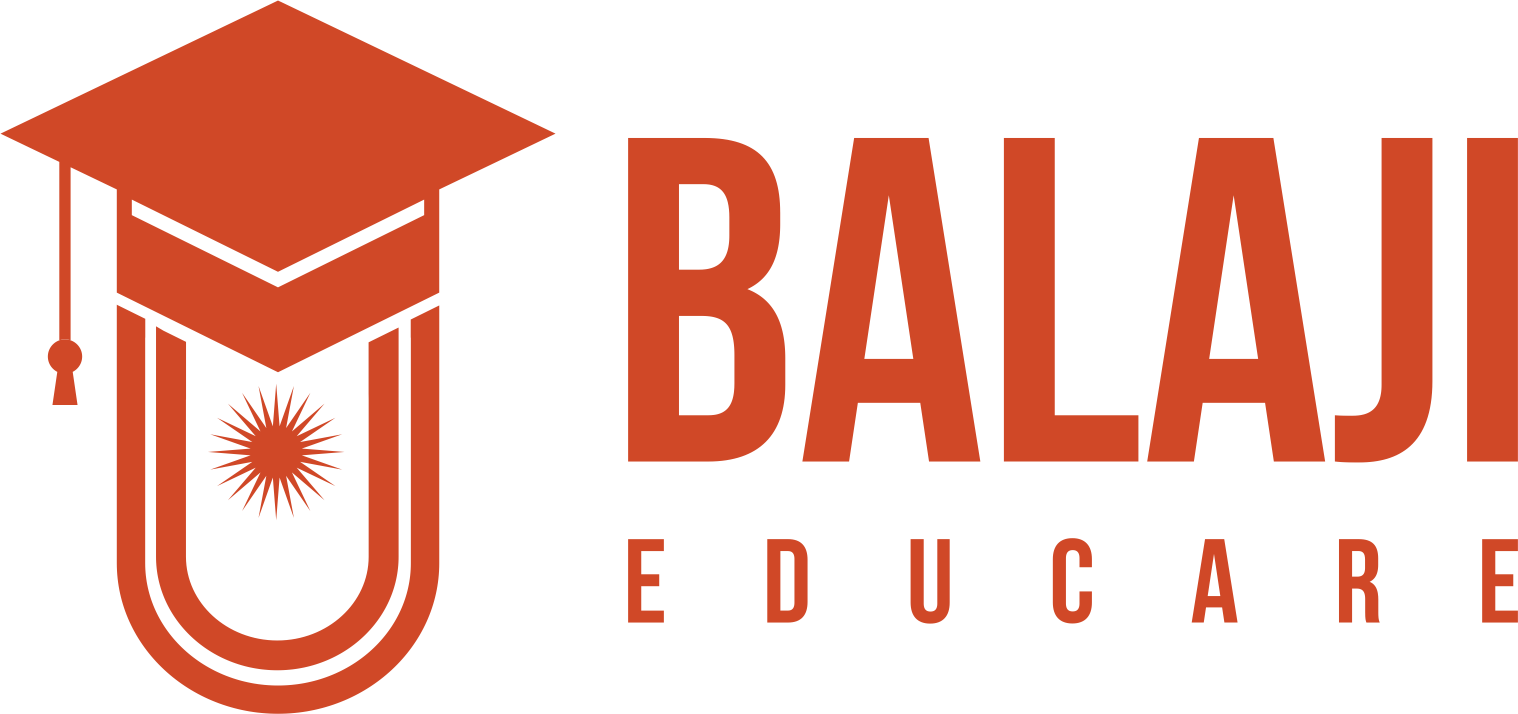US CPA: 10 Essential Insights Into Your Daily Work Life
Becoming a Certified Public Accountant (CPA) in the United States is a significant achievement that reflects not just mastery over accounting principles but also ethical standards, analytical depth, and professional commitment. After years of education, rigorous exams, and practical experience, obtaining the CPA license is a landmark moment. But what really happens once you achieve this milestone? What does daily life look like for a CPA in the United States? What should you expect post-license, and how does the role evolve as your career progresses?
This article explores the day-to-day responsibilities, expectations, opportunities, and challenges of a licensed US CPA. Whether you’re an aspiring CPA, a new licensee, or considering relocating to the US accounting sector, this guide provides a comprehensive look at the life and scope of work for CPAs in various industries.
The Landscape of US CPA Careers
After obtaining your US CPA license, a world of diverse career options opens up. CPAs are not limited to public accounting firms. They are employed in corporations, government agencies, educational institutions, and NGOs. Some popular career paths include:
- Public accounting (tax, audit, advisory)
- Corporate accounting (financial reporting, compliance, internal controls)
- Forensic accounting
- Government and non-profit roles
- Academia and research
- Entrepreneurial ventures and consulting
The work experience, daily routine, and work-life balance can differ greatly depending on the career path, organization size, and even season (for example, busy season during tax time).
Morning: Starting the Day as a US CPA
Most US CPAs begin their workday between 8:00 AM and 9:00 AM. A typical day starts with checking emails, reviewing project deadlines, and prioritizing tasks. If you work in a public accounting firm, your morning may start with reviewing audit files, preparing tax returns, or meeting with junior team members to assign tasks.
For corporate CPAs, the day may begin with analyzing cash flow statements, preparing for meetings with internal stakeholders, or reviewing internal audit reports.
Many CPAs use accounting and ERP software like QuickBooks, SAP, Oracle, and Microsoft Excel extensively during their workday. The use of data analytics tools and automation in reporting has also become a routine part of the job.
Midday: Deep Work and Meetings
Late morning to early afternoon is typically spent focusing on key deliverables. This could include:
- Preparing and reviewing financial statements
- Conducting audit fieldwork or remote reviews
- Analyzing tax positions and researching tax law updates
- Preparing documentation for regulators or internal compliance
- Preparing management reports or variance analysis
- Participating in meetings with clients, auditors, or internal teams
For CPAs working in tax, the season significantly affects work intensity. During tax season (January to April), the workload increases substantially, often requiring 10-12 hour workdays and weekend shifts.
In contrast, CPAs working in internal audit or financial reporting may have intense periods around quarterly and year-end closings but enjoy relatively balanced hours otherwise.
Afternoon: Problem Solving and Collaboration
Afternoons often involve collaborative tasks such as:
- Discussing audit findings with clients or departments
- Working with cross-functional teams on budgeting or compliance
- Conducting training or mentoring junior staff
- Participating in strategic planning or financial forecasting sessions
If you’re in public accounting, you may be coordinating with clients to gather documentation or clarifying issues that arose during audit or tax return preparation.
In corporate settings, US CPAs play an advisory role by helping leadership make informed financial decisions. Their input is valuable for evaluating mergers, capital expenditures, and risk assessments.
End of Day: Wrapping Up and Reporting
Most CPAs wrap up their day between 5:00 PM and 7:00 PM, though this can extend during deadlines. End-of-day activities usually include:
- Reviewing task lists
- Documenting progress in internal systems
- Sending status updates to managers or clients
- Planning tasks for the next day
Good time management is crucial. Many CPAs adopt productivity systems like time-blocking or use project management tools like Asana, Trello, or Monday.com to stay organized.
What Changes After You Get Your US CPA License?
Earning the CPA credential immediately boosts your credibility and opens the door to more advanced roles. Key changes include:
Increased Responsibilities Licensed CPAs are often trusted with leading audits, signing tax returns, and making strategic recommendations to senior management. You may also be tasked with training interns or less experienced associates.
Higher Compensation According to the AICPA, licensed CPAs earn 10-20% more on average than their non-licensed peers. Over time, this differential grows as CPAs are promoted to leadership roles.
Greater Career Mobility The CPA license is portable across the US and is often recognized internationally. It allows greater flexibility in changing industries, roles, or even relocating.
Ethical Expectations CPAs must adhere to ethical standards set by the AICPA and state boards. This includes maintaining objectivity, confidentiality, and professional competence. For more details on CPA ethics, visit the official AICPA website: https://www.aicpa.org
Work-Life Balance and Seasonality
Work-life balance for CPAs is a topic of much discussion. It depends on:
- The nature of the job (public vs. corporate accounting)
- Time of year (tax season, audit deadlines, fiscal year-end)
- Company culture and size
Many firms are now focusing on reducing burnout by offering flexible work arrangements, mental health resources, and remote working options.

Continuing Education and License Maintenance
Becoming a CPA is not a one-time milestone. License maintenance includes Continuing Professional Education (CPE). Most states require CPAs to complete 40 hours of CPE annually to stay updated on laws, ethics, and best practices.
CPAs often attend seminars, webinars, or training programs through professional bodies or coaching institutions. Balaji Educare, for example, offers CA, CPA, and CFA coaching and ethics training programs. Visit https://balajieducare.in to learn more.
Career Growth Post- US CPA
Once licensed, CPAs can pursue various advancement paths. Some of the common roles include:
- Audit Manager or Tax Manager
- Financial Controller
- Director of Finance
- CFO (Chief Financial Officer)
- Partner in a CPA firm
- Entrepreneur or Consultant
Specialization can further accelerate career growth. For example:
- Tax experts may become international tax advisors
- Audit professionals may shift into forensic accounting
- CPAs with a tech inclination may pursue careers in data analytics or financial systems
Skills Beyond Accounting
Licensed CPAs are expected to demonstrate more than just technical knowledge. Soft skills and business acumen become increasingly important:
- Leadership and team management
- Communication and negotiation
- Ethical decision-making
- Critical thinking and adaptability
- Strategic thinking and business insight
Many CPAs pursue additional certifications like CMA (Certified Management Accountant), CIA (Certified Internal Auditor), or CFA (Chartered Financial Analyst) to broaden their expertise.
Challenges to Anticipate
Post-license life isn’t without its challenges. Some hurdles include:
- Managing client expectations
- Staying up-to-date with frequent regulatory changes
- Maintaining a healthy work-life balance during peak seasons
- Navigating office politics in corporate settings
- Building a personal brand and network for long-term growth
Networking and Community
Networking is a valuable part of a CPA’s ongoing development. CPAs often attend:
- AICPA and state society events
- Industry conferences
- Alumni meets and webinars
Engaging in these communities helps in staying informed and opens up mentorship and job opportunities.
The Future of the US CPA Profession
The role of CPAs is evolving. With automation handling repetitive tasks, CPAs are expected to move up the value chain into advisory and strategic roles. Knowledge of analytics, systems implementation, ESG reporting, and AI is becoming more valuable.
The CPA designation remains a powerful credential in this changing landscape. Those who keep upgrading their skills and broaden their vision will continue to lead in the financial world.
A day in the life of a CPA in the US post-license is dynamic, challenging, and rewarding. It blends technical proficiency with communication, leadership, and ethical integrity. While the journey doesn’t get easier post-licensure, it becomes more meaningful and filled with opportunity.
From early morning task planning to complex financial analysis, and from mentoring juniors to contributing to strategic decisions, CPAs make a tangible difference in their organizations. For those who continue learning, adapting, and contributing, the CPA license is just the beginning of a lifelong journey in financial leadership.
For further information on CPA licensure, ethics, and continuing education, visit the official AICPA website at https://www.aicpa.org. To explore training programs and resources tailored for finance professionals, visit https://www.thebalajieducare.com/

